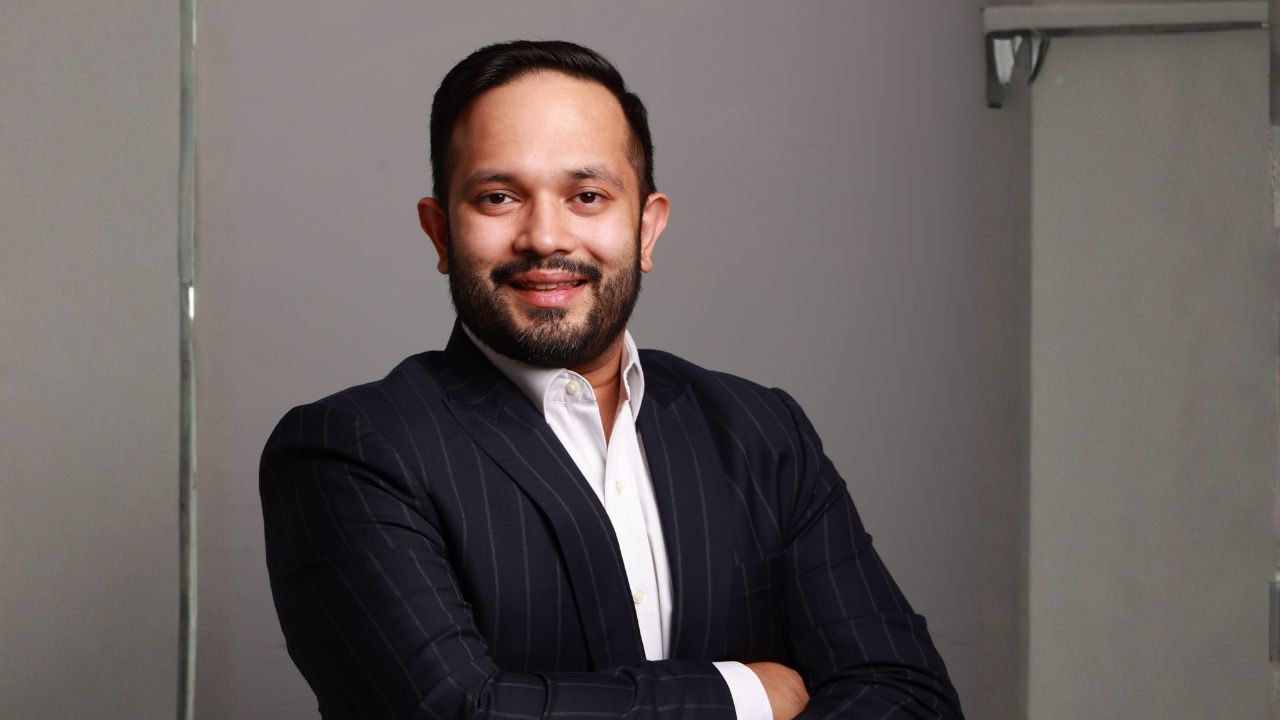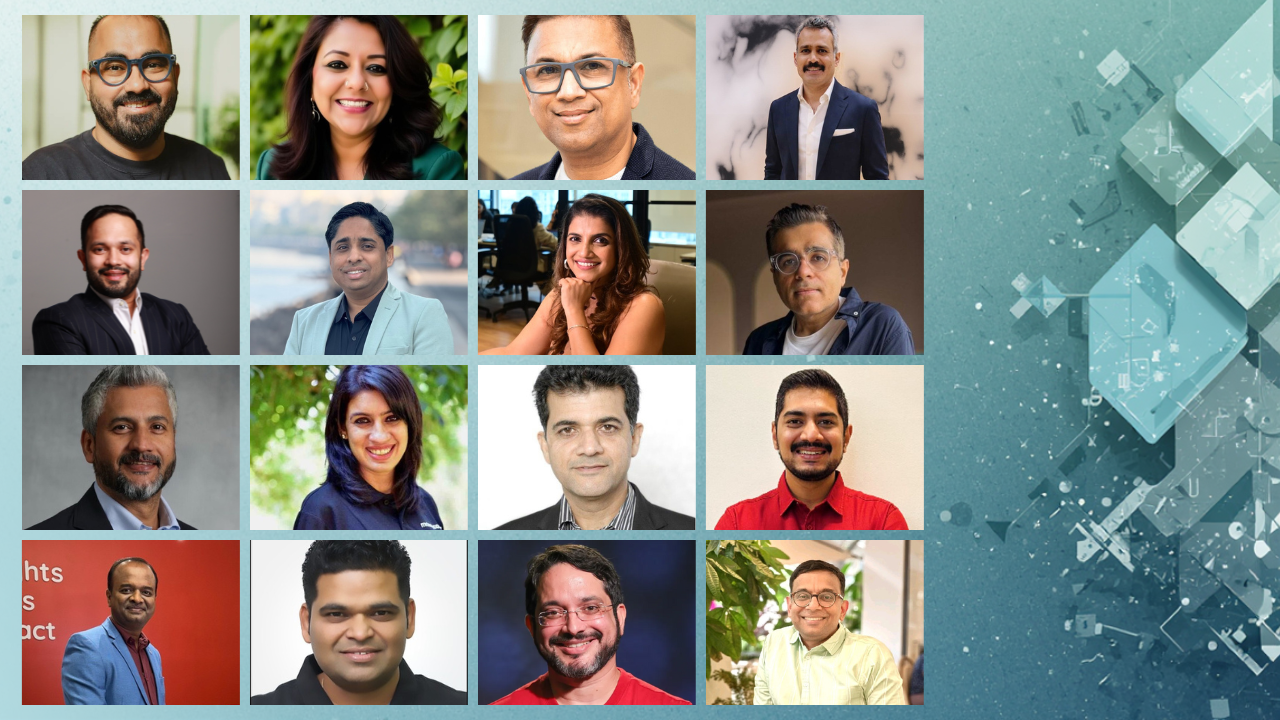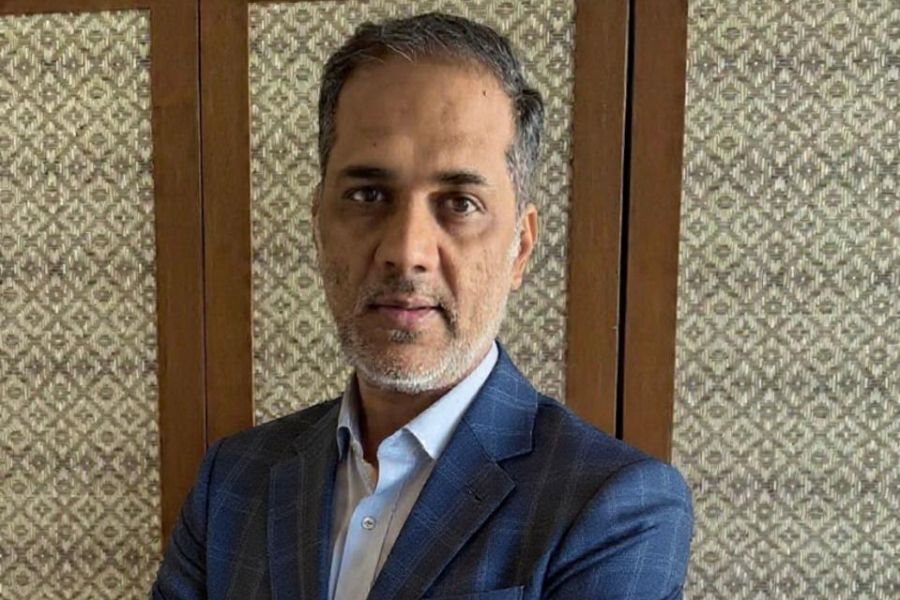There is very little that is straightforward about the digital-media supply chain. We know that it was originally built quickly out of opportunity, in parallel with the big walled gardens. The ensuing systems proved lucrative for some players but unsatisfactory to advertisers, who went on to decry it as murky at best, fraudulent at worst.
But the road to fixing and rebuilding it has since been complicated by the multitude of players, each with their own priorities, patches and custom client builds.
So when MediaMath went to Cannes last June armed with a volley of announcements on recent strides in blocking invalid traffic, contextual video ad targeting, and transparent programmatic delivery with partners WhiteOps, Iris TV and Rubicon Project, respectively, the company faced a familiar problem. It was clear it remains focused on fixing the supply chain and rolling out new services, yet it was hard to see the broader strategy.

Each step was a building block to connecting brand and consumer through more authentic, viewable and transparent means. Yet news in the industry, Zawadzki admitted in a wide-ranging interview with Campaign, “tends to be about the companies and pieces, not about the whole. So you can’t see the shape of it. It’s like the elephant metaphor of feeling the tusk, trunk or leg but you can’t see the animal. That’s what the whole industry does. We talk about the parts of the elephant.”
The elephant in the room: We're not there yet
Not Zawadzki though. He loves to talk about the big picture, prefacing his answers to every question with a download of context about how the industry came to be. When he’s done, he's described a pretty clear image of what the elephant in the room looks like. And unlike many others, he’s not afraid to talk about it.
“Full transparency from tip to tail actually doesn’t exist right now," he says. "You can’t get it anywhere.” If you buy from Google, he explains, you don’t know the economics of Google Display Network or between Google Ad Exchange and the publisher. Nor do you know the auction logic and how it was resolved. “There’s no aspersion there. You just don’t know.”
Meanwhile the open ecosystem still hasn’t delivered it either. A demand-side platform (DSP) may provide full transparency to the supply-side (SSP,) but we won’t know the dealings between the SSP and the publisher or have insight into whether the publisher is using reach extension to buy third-party traffic that then looks like it’s valid.
“So it literally doesn’t exist,” he says, despite aiming to build a fully accountable, addressable supply chain since he founded MediaMath in 2007, and more recently with key partners like Rubicon, Havas, IBM, Oracle, Akamai and others. Along the way, MediaMath has rolled out a ‘guaranteed viewable’ market, shamed suppliers and committed to stop working with repeat offenders of bad practices.
By forging ahead, Zawadzki says, he expects “other companies will have to compete by moving to radical transparency and by being aligned around outcomes. And that’s awesome. A rising tide lifts all boats”
Yet despite a swell of technology change in the industry, the greater tide is still rising awfully slowly, which is frustrating for advertisers. Zawadzki agrees the technology is largely in place, but what’s still holding the industry back is organisational design, incentives and a willingness to insist on good marketing by making the right partnerships.
“Those things change not in tech-cycle time horizons, but change at the pace that organisations change which, as you know, is sometimes slow. So we have years of work before it's good, but we’re doing the hard stuff now, which is motivating,” Zawadzki says. “It better be—we’ve got to wake up tomorrow.”
In-housing forces home renovations
The snail’s pace of cleaning up the murky digital supply chain is having repercussions in the industry though—one of which is driving advertisers to take more marketing in-house.
“Brands want to own the key relationships they need to rely on,” Zawadzki says. They want to put standard technology and data processes in place, then let regions operate from it and be able to plug key media and marketing partnerships, agencies and third parties into that, he says.
“People like to think of this in-housing thing as some eschewing of the agency, and it’s not.” Instead, Zawadzki says the right marketers want to bring services in-house, standardise, then give it back to others to operate at least partially on their behalf, but with a stronger framework in place.
He likens the process to a partnership with a major client who merely wants to keep all its partners aligned on the same goal, much like a home contractor does.
“We’re trying to build a house here," he says. "And I would like my plumber and electrician to look at the blueprint and to talk to one another so that when the electrician runs something through a wall it’s not through a wet wall and we don’t all die.”
Yet building a house takes time and coordination and “brands have to think about going the distance,” says Zawadzki. That means they need to hire digital teams differently, train them differently and choose partners carefully. “You've got to find the people that you want to spend five years with,” he says.
Takeover, IPO or partners for life?
Such long-term awareness has undoubtedly influenced MediaMath’s growth path, relying on partnerships and private equity as opposed to being bought by a larger player or filing for an IPO.
There certainly has been a flurry of adtech takeovers by larger IT and telco players: AT&T and AppNexus, SAP and Qualtrics, Oracle and Moat, Amazon and Sizmek and in Asia, Singtel and Amobee. But Zawadzki doesn't think MediaMath necessarily needs a buyer. It might not even be good for his mission.
“I think a lot of the big corporates sometimes get into [ad tech] and get out of it,” he says. “Transforming advertising is a labour of love. You’ve got to want to do this.”
Instead, Zawadzki argues partnerships have been the best path for MediaMath: IBM, Oracle, Akamai and others have given the company access to bigger resources, allowing it to co-opt and embed proven technologies in its stack, while staying firmly in control of its accountable, addressable ambitions.
As for an IPO, which worked well for competitors like The Trade Desk, Zawadzki says there’s more than enough private money out there, and bristles at the notion of being a slave to investor scrutiny each quarter.
“I don’t know if you can do what you need to do with 90-day pressures to inexorably grow," he says. "I think at least in the US markets right now there’s too much short-termism. [Leading a public company] I can’t look out two years, then place a bet and have it harvest in five. It has to be now.”
“So I don’t know.”
“I don’t think so.”
“Maybe eventually.”
“Never say never.”
(This article first appeared in Campaign Asia)




